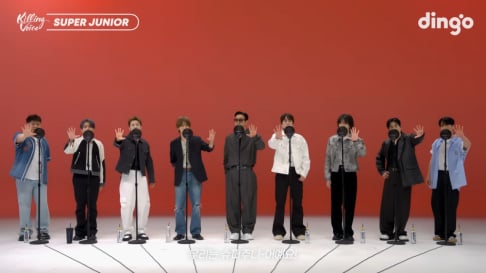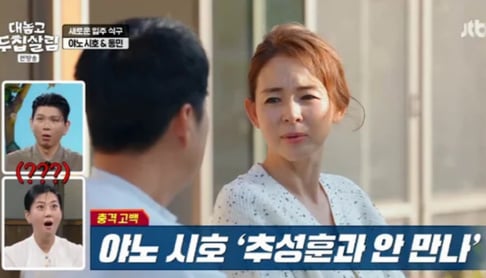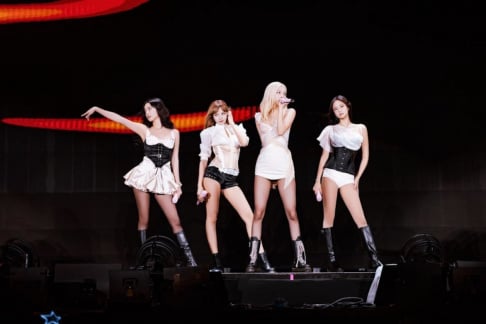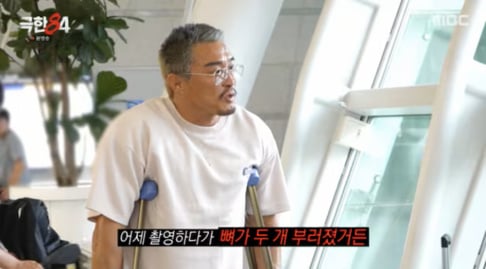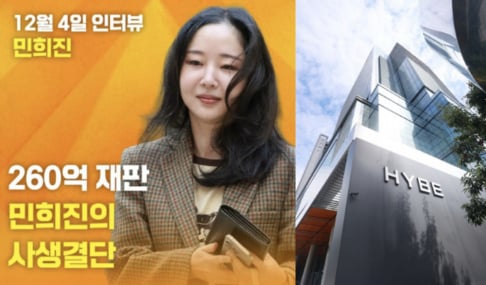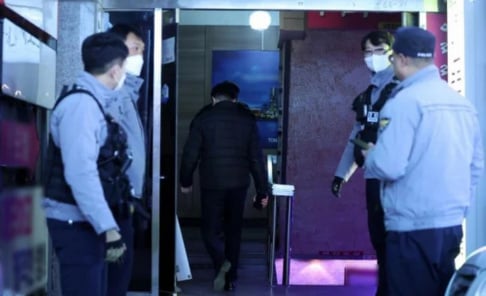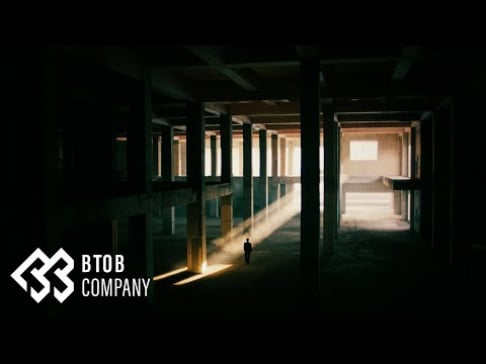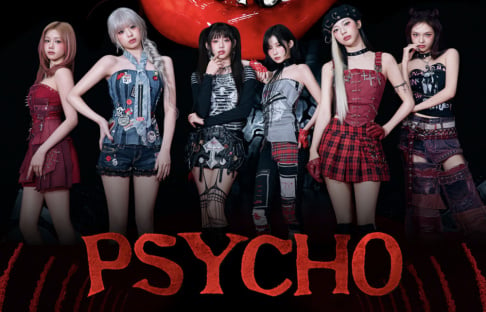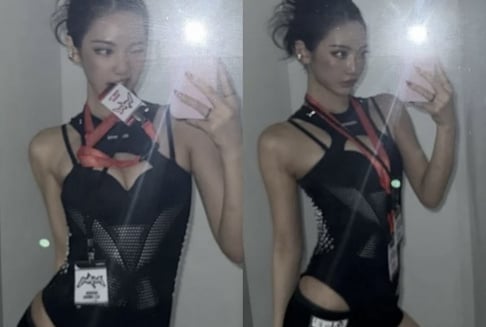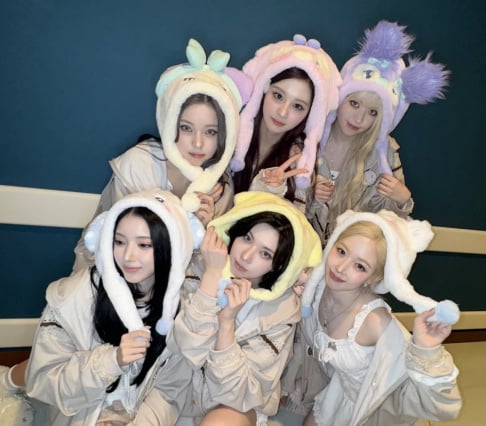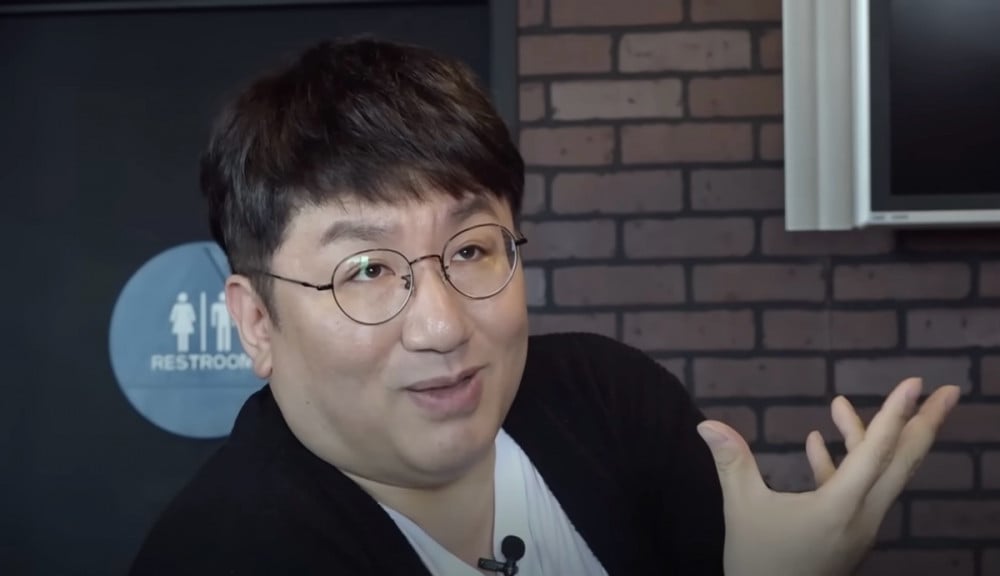
On July 16 KST, Korea’s Financial Services Commission (FSC) will convene its Securities and Futures Commission (SFC) to decide on the level of disciplinary action against Bang Si Hyuk, the chairman of HYBE, who is under suspicion of engaging in fraudulent and unfair trading under the Capital Markets Act.
Earlier, the Capital Markets Investigation Deliberation Committee, an advisory body to the SFC, held a meeting on July 7 and decided to recommend Bang’s prosecution, forwarding their opinion to the SFC.
Despite being given an opportunity to explain himself, Bang has reportedly chosen not to attend the hearing, signaling his intent to focus on his defense during the prosecutorial investigation stage instead.
Bang was questioned by the Financial Supervisory Service (FSS) late last month regarding the allegations. HYBE also issued a statement, saying, “We are actively cooperating with both financial and investigative authorities by submitting detailed explanations and related materials.”
The company emphasized, “Though it may take time, we will clearly demonstrate that the IPO process followed all legal and regulatory procedures.”
The SFC is an independent committee under the FSC that determines administrative sanctions (such as fines) or whether to file formal criminal complaints for prosecution.
According to authorities, prior to HYBE’s IPO in 2020, Bang reportedly entered into a private agreement with an acquaintance’s private equity fund, promising to share 30% of capital gains from a stock sale. After HYBE’s listing, Bang allegedly settled approximately KRW 400 billion (~USD 290 million) with the fund.
Authorities believe Bang misled institutional investors and venture capital firms by falsely claiming that HYBE’s IPO was unlikely, persuading them to sell their shares to the private fund, which was tied to him.
The deal with the private fund was not disclosed during Korea Exchange’s listing review or in the FSS’s securities registration documents, leading early-stage investors—unaware of the arrangement—to suffer losses. Officials argue that these investors could have profited significantly if they had retained their shares.
Furthermore, the financial watchdog suspects Bang used the private equity fund to bypass a mandatory lock-up period (which restricts major shareholders and executives from selling shares immediately after an IPO).
SEE ALSO: HYBE Chairman Bang Si Hyuk questioned five times by police over alleged stock manipulation scheme
 SHARE
SHARE

